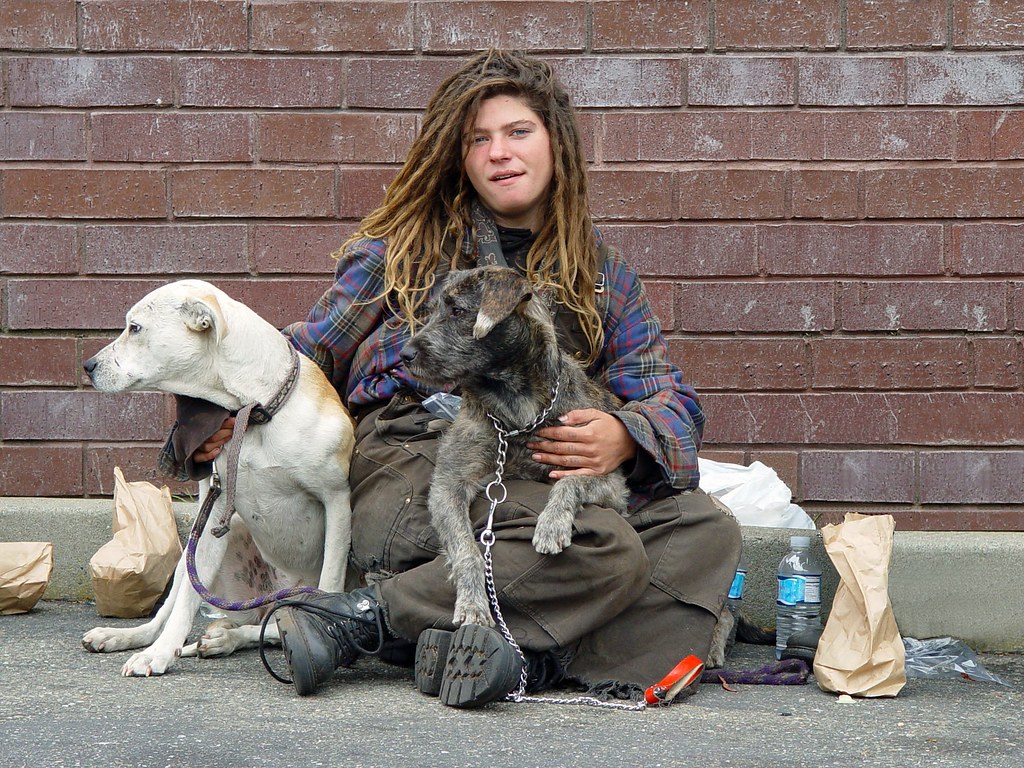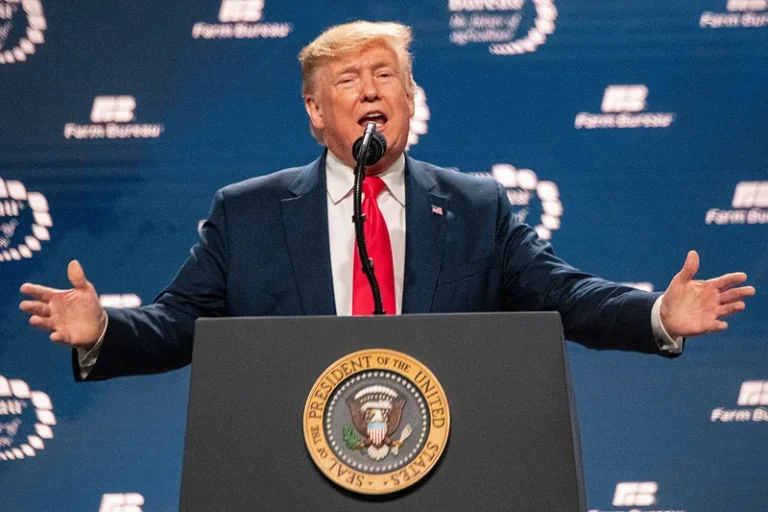
President Donald Trump has signed a controversial executive order targeting homelessness in the U.S., reigniting debates over how best to assist vulnerable populations while maintaining public order. The order, which emphasizes stricter enforcement and reduced federal oversight, has drawn both support and criticism from policymakers and advocacy groups.
Key Provisions of the Executive Order
The order includes measures such as:
- Increased policing of homeless encampments in major cities.
- Reduced federal funding for programs deemed “ineffective.”
- Encouragement for state and local governments to adopt tougher policies on public camping.
- Potential repurposing of federal properties for temporary shelters.
Supporters argue that the move will help clean up cities and encourage individuals to seek shelter services. However, critics warn that the approach could criminalize homelessness rather than address its root causes, such as affordable housing shortages and mental health crises.
Mixed Reactions from Advocates and Officials
Homelessness advocates have condemned the order, calling it a “punitive measure” that fails to provide real solutions.
“Arresting or displacing homeless individuals doesn’t solve the problem—it exacerbates it,” said Sarah Johnson, director of the National Coalition for the Homeless. “We need more housing and support services, not more policing.”
Meanwhile, some city officials struggling with growing encampments have welcomed the move.
“We need federal support to maintain public safety,” said Los Angeles Mayor David Mendez. “But we also need sustainable solutions, not just enforcement.”
Historical Context and Future Implications
This isn’t the first time Trump has taken a hardline stance on homelessness. During his presidency, his administration proposed relocating homeless populations to government facilities—a plan that faced legal and logistical hurdles.
With homelessness rates rising in several U.S. cities, the effectiveness of this new order remains uncertain. Housing experts suggest that without significant investment in affordable housing and social services, the crisis will persist.
What’s Next?
Legal challenges are expected, particularly from civil rights groups arguing that the order violates protections for unhoused individuals. Meanwhile, cities will have to navigate federal pressure while balancing local needs.




